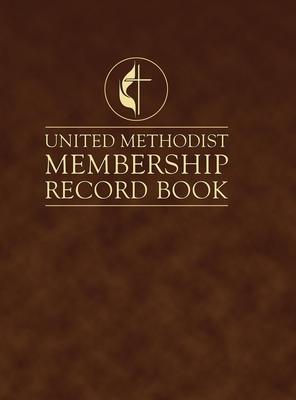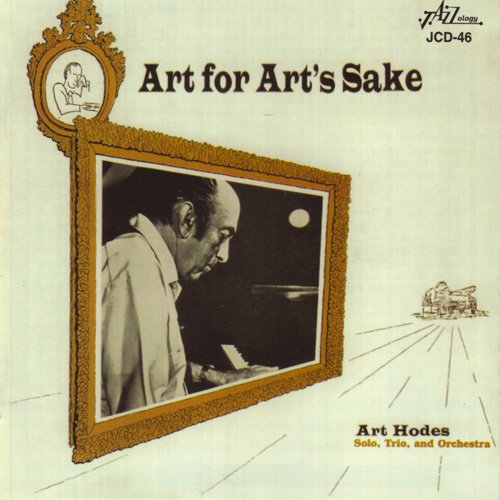
description
8White evangelicals have struggled to understand or enter into modern conversations on race and racism, because their inherited and imagined world has not prepared them for this moment. American Southerners, in particular, carry additional obstacles to such conversations, because their regional identity is woven together with the values and histories of white evangelicalism. In Know Your Place, Justin Phillips examines the three community loyalties (white, southern, and evangelical) that shaped his racial imagination. Phillips examines how each community creates blind spots that overlap with the others, insulating the individual from alternative narratives, making it difficult to conceive of a world different than the dominant white evangelical world of the South. When their world is challenged or rejected outright, it can feel like nothing short of the end of the world. Blending together personal experiences with ethics and pastoral sensibilities, Phillips traces for white, southern evangelicals a line running from the past through the present, to help his beloved communities see how their loyalties--their stories, histories, and beliefs--have harmed their neighbors. In order to truly love, repair, and reconcile brokenness, you first have to know your place.
member goods
No member items were found under this heading.
Return Policy
All sales are final
Shipping
No special shipping considerations available.
Shipping fees determined at checkout.







